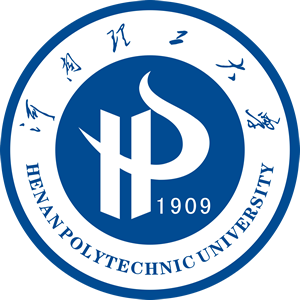
地址: 河南省焦作市高新区世纪路2001号[454000] Tel: 0391-3987069 E-mail: zkxb@hpu.edu.cn,skxb@hpu.edu.cn |

请您访问
|

社会科学版
|
| 供稿: 常剑若 | 时间: 2018-12-19 | 次数: |
作者:常剑若
作者单位:河南理工大学外国语学院
摘要:在介绍后人道主义的基本理念、分析后人道主义与后现代文学关系的基础上,对美国后现代非裔女作家托妮·莫里森的诺贝尔奖演讲词和她的小说《宠儿》与《所罗门之歌》所体现的语言观进行后人道主义解读:莫里森对于语言暴力和大男子主义、种族主义和一神论的宗教语言的批判,对于语言本质的反思,以及对于语言力量的创造性运用,体现了作家对语言的后人道主义思考。
基金:教育部人文社科研究规划基金项目(11YJA752024);河南省教育厅人文社会科学研究项目(2012-GH-106);
DOI:10.16698/j.hpu(social.sciences).1673-9779.2013.02.004
分类号:I712.074
Abstract:Based on the analysis of the basic values of posthumanism and how it is related to postmodern literature, the present paper tries to interpret the thoughts of language embodied in the Noble Prize lecture and two novels by Toni Morrison, a famous Afro-American postmodern novelist, in posthumanist perspective.Morrison's criticism of verbal violence and male chauvinist, racial and monotheistic religious language, her meditation on the nature of language and her creative employment of the power of language, reflects her posthumanist meditation on language.